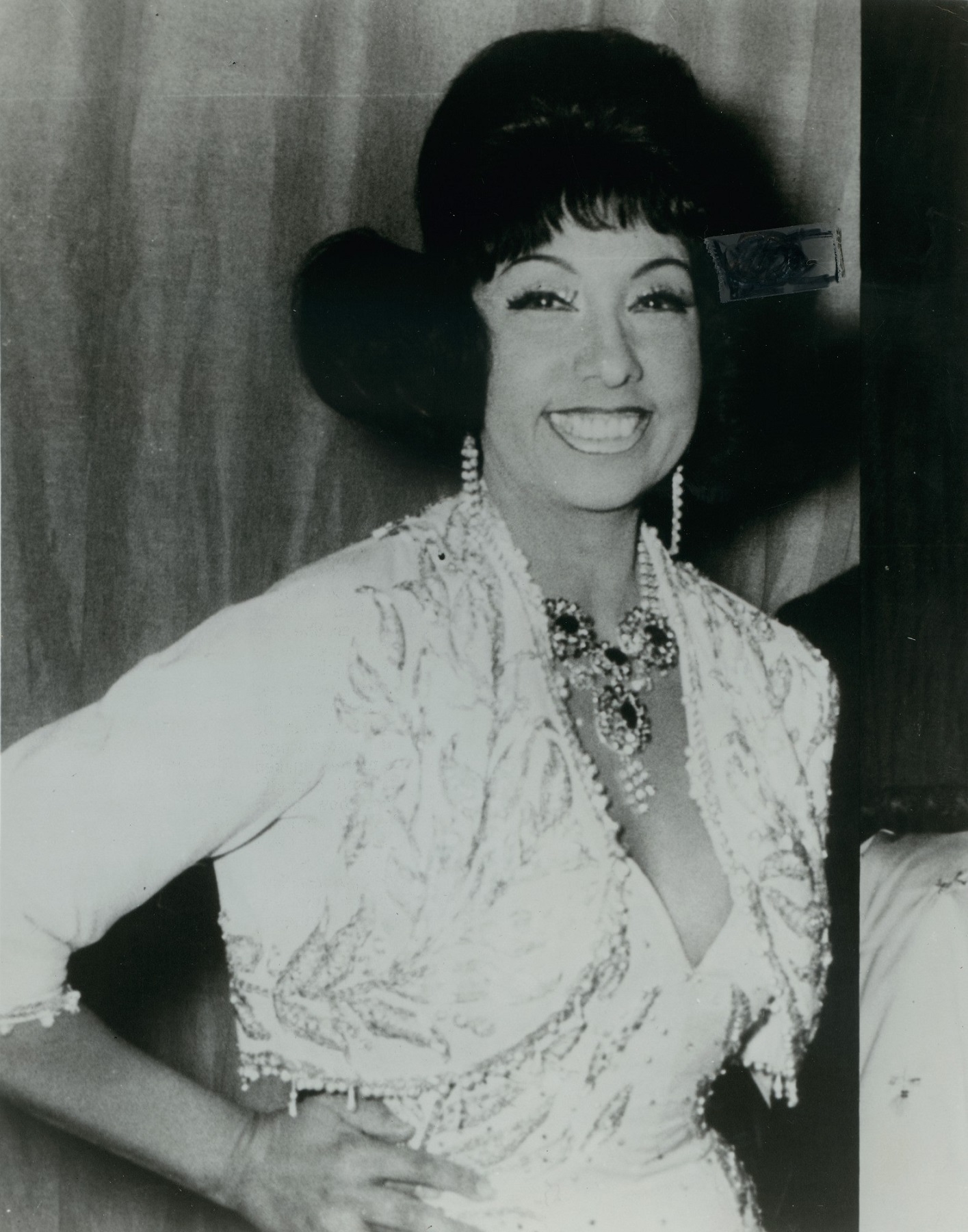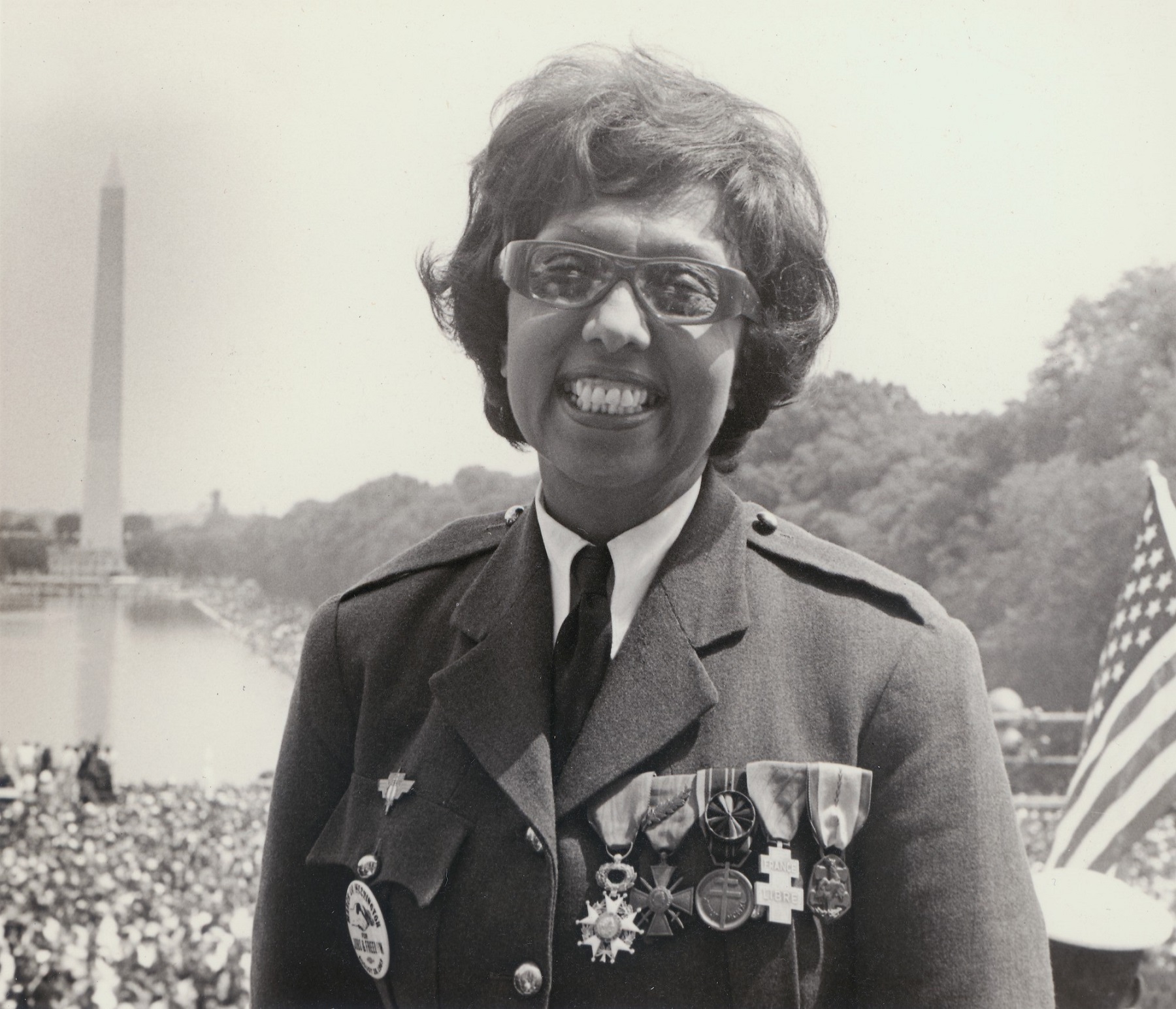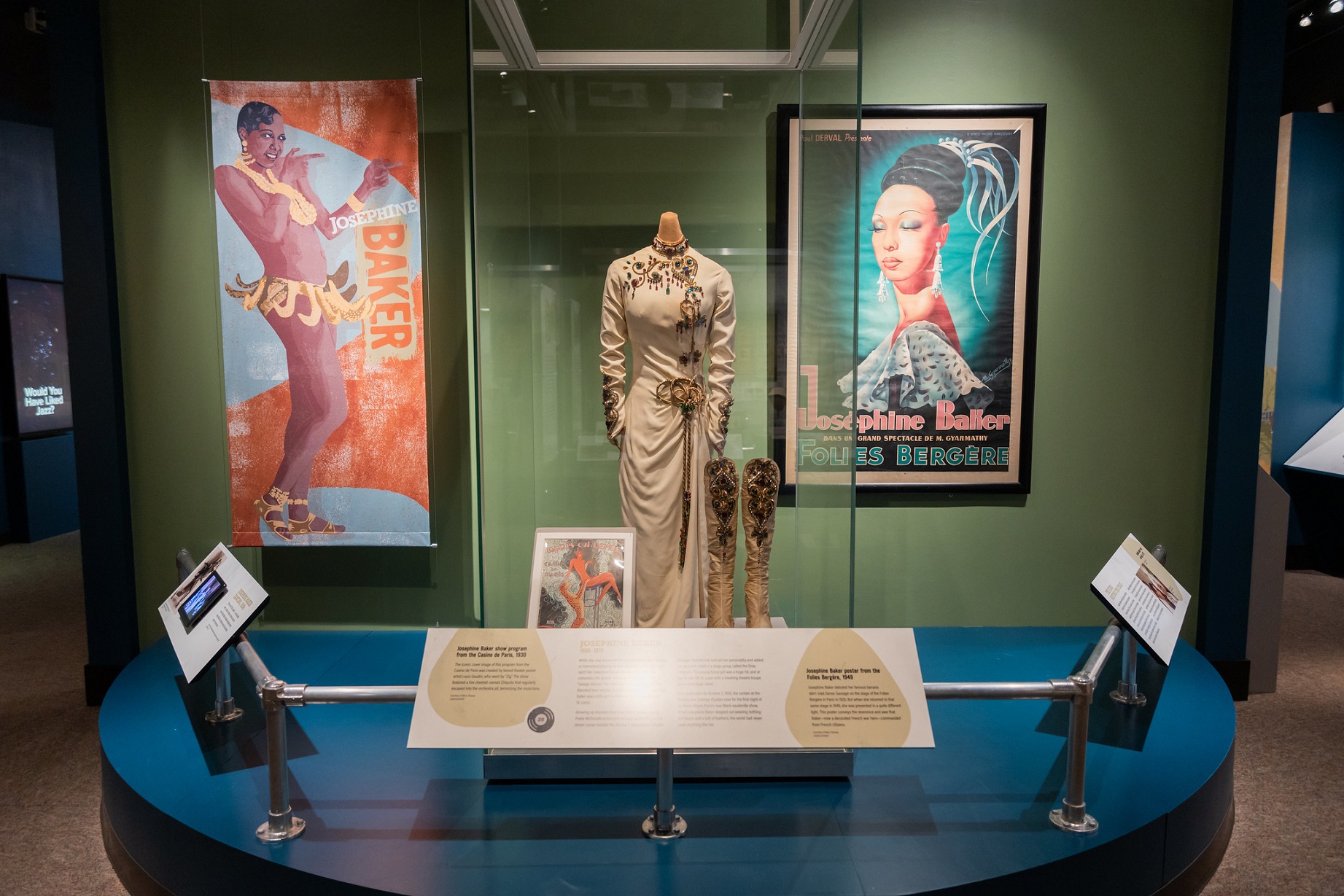More than 45 years after her death, St. Louis-born Josephine Baker continues to leave her mark on the world.

The internationally renowned singer and dancer, civil rights activist and World War II hero in France will be the first Black woman and entertainment to enter that country’s Pantheon monument.
“Josephine Baker is one of those figures that St. Louisans somewhat know, but some haven’t grasped the level of importance she had during her time,” said Cicely Hunter, public historian for the African American initiative at the Missouri Historical Society. “(She) started performing in St. Louis at a young age, which helped to catapult her to the world stage that we admire today.”
But it is Baker’s achievements beyond the stage that make her extraordinary, according to Hunter.
“She is recognized as a civil rights activist and even spoke at the March on Washington in 1963 when Dr. Martin Luther King Jr. gave his famous “I Have a Dream” speech. She aided in the war effort during WWII as a contributor of the French Resistance. In modern-day terms, we can think of Josephine Baker as (someone like) Beyonce, but who also happened to be a war hero and civil rights advocate,” Hunter said.
Baker will be inducted during a Nov. 30 ceremony in Paris at the revered monument, the final resting place for prominent French nationals such as scientist Marie Curie, writer Victor Hugo and philosopher Voltaire.
“The Pantheon mausoleum in Paris has become the burial site for influential figures in France’s history,” Hunter said. “Josephine Baker will be the sixth woman to be inducted into the Pantheon, along with 80 nationally recognized figures. She is also making history as the first African American woman and entertainer to be recognized at the Pantheon. Not only was she a dynamic presence as an internationally recognized entertainer, but she will be recognized for her valor in the French Resistance during World War II and advocacy during the civil rights movement.”

On the day of her induction to the Pantheon, the Missouri History Museum and Alliance Française de St. Louis will host at event at the museum to pay tribute to Baker’s life and legacy.
Hunter says Baker’s recognition as an international figure emerges from her ability to bridge many different topics like entertainment, global politics, civil rights and the war effort.
“She persevered by pushing the boundaries that existed within society, while molding together feminism and civil rights advocacy,” Hunter noted. “Josephine Baker should be admired for her ability to change the world on her own terms and refusal to be pigeonholed into one box. It is her zeal and charisma that I admire because she touched so many lives and challenged her audience across the world to grapple with challenging topics.”
Hunter adds few people have been so influential in so many ways.
“Rather than turning a blind eye to the racial tension in the United States, Josephine Baker returned home to St. Louis in 1952 as an adult and continued to grapple with the woes of racism and discrimination that she left as a 15-year-old,” Hunter said.
Baker was born in St. Louis on June 4, 1906. She died in Paris April 12, 1976 at the age of 68.
“Josephine Baker: J’ai Deux Amours” will be held from 6:30 to 8 p.m. on Tuesday, Nov. 30, at the Missouri History Museum. The event is free and open to the public.
The event will feature a presentation about Baker’s art, activism and service, as well as special performances and remarks from Yannick Tagand, the French general consul to the Midwest. Memorabilia such as playbills, photos, posters and costume drawings from the personal collection of St. Louis collector Mary Strauss will also be on display Nov. 30 through Dec. 5.

In addition, Baker’s dress and boots, a 1930 show program from the Casino de Paris, and a 1949 poster from the Folies Bergère remain on display in the Missouri History Museum’s “St. Louis Sound” exhibit, which runs through January 2023.
Exhibit Celebrates Rich, Fascinating History of St. Louis Music





